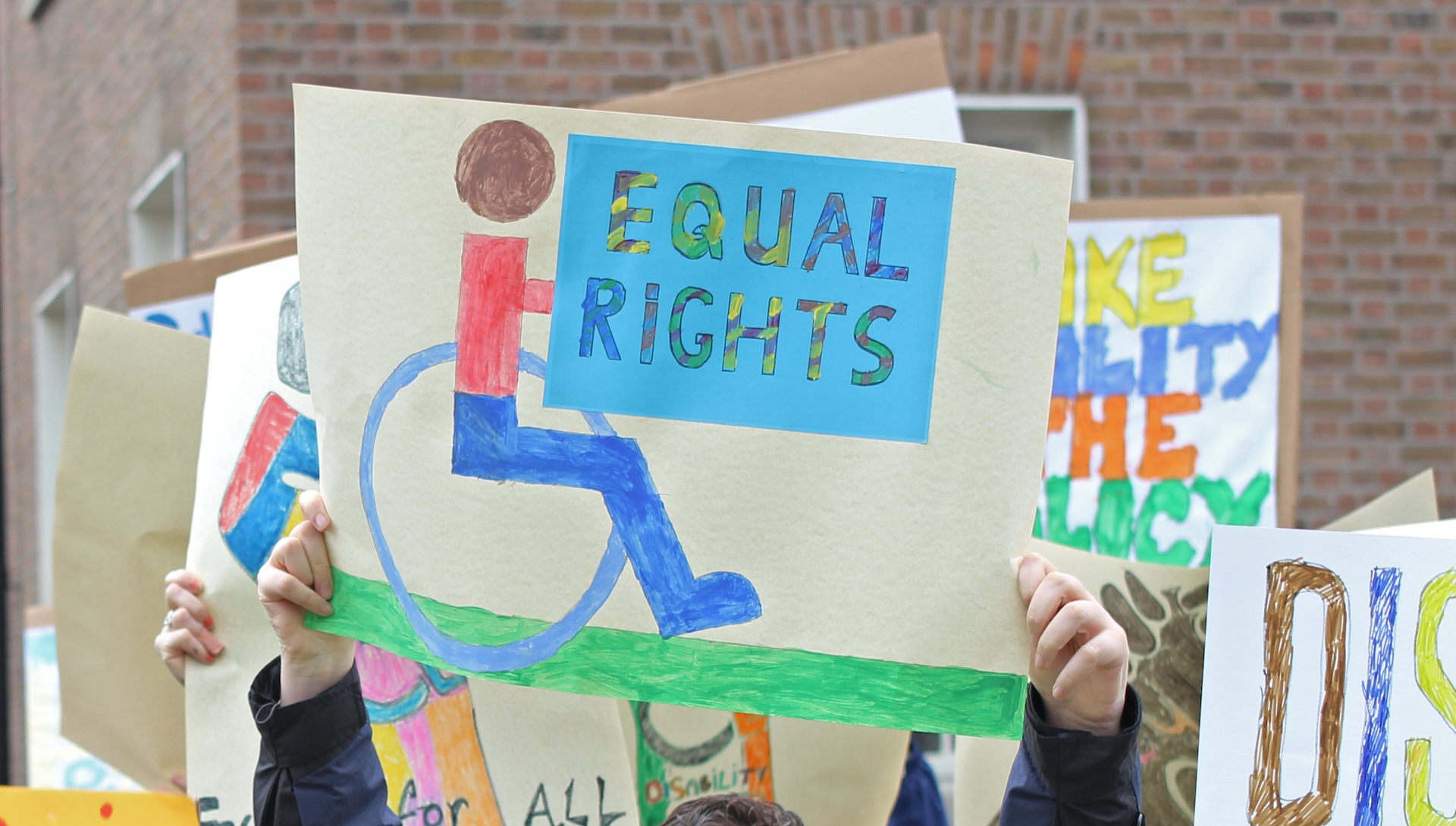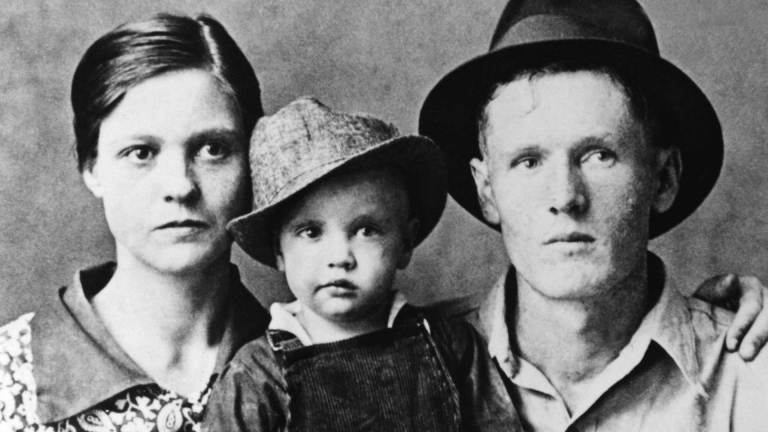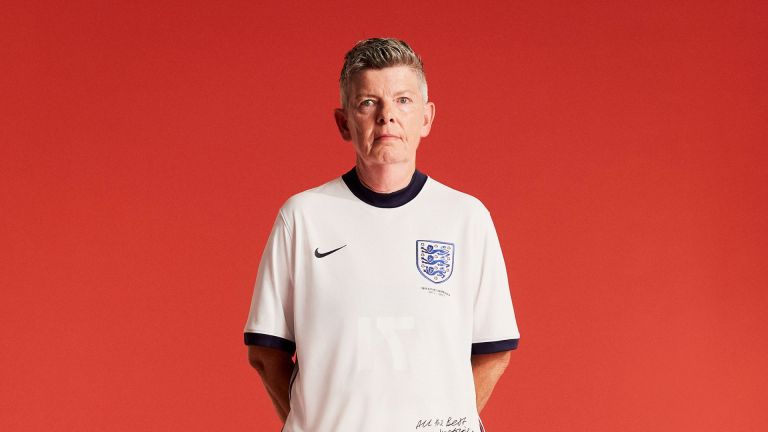To understand the year that was for disabled people in the UK, you need just three statistics.
- More than one in three children and a quarter of adults are living in poverty.
- On average, disabled households need an additional £1,010 a month to have the same standard of living as non-disabled households.
- Just over a third (34%) of universal credit recipients couldn’t afford to keep their house warm, and 24% used a food bank last year.
Every year, on 3 December, the world comes together for the International Day of People with Disabilities (IDPD). It might also be worth noting that even the title of IDPD doesn’t reflect the social model of disability that many disabled people politically identify with. That being said, the day is an important one – more than an awareness day, this is a time for us all to reflect on the rights, equality, equity and wellbeing of disabled people in all areas of life. This year, perhaps more than most, we reflect on how little progress has been made for the at least 16 million disabled people in the UK.
This IDPD, we are faced starkly with the fact that doesn’t work for us, something many of us have known our entire lives. We disproportionately live in poverty, achieve poorer outcomes in education and are more likely to be unemployed or earn less.
IDPD is often a chance to look back at the year that just went by. In some ways, the year might be remembered for more frivolous things: Liberal Democrat leader Ed Davey‘s almost-masochistic election campaign, which potentially included the first-ever election bungee jump, the performance of athletes in Paris, or a now-former prime minister forgetting his umbrella.
Perhaps what the disabled community will remember most from this year was not an election landslide for the Labour Party in July, but the United Nations report confirming that the UK has ‘serious and grave’ violations of our human rights. As Rick Burgess, the co-founder of Manchester Disabled People Against Cuts, told me when we spoke at the start of 2024, the UN found that “the history of the last 15 years has been of systemic human rights abuses of disabled people. This has resulted in thousands of excess deaths and in disabled people dying during Covid at three times the rate of non-disabled people […] 60% of food bank users being disabled people.”
The IDPD’s theme this year is “employment and livelihood”, but as we look forward to a New Year, it really feels like even though the teams in Westminster have changed, disabled people continue to be on the losing side. This year was one of the continued declines of our living standards and a repeated government focus on cutting social security spending, no matter if their ties were red or blue.










